Date: 14 January 2015
The opportunities lie in the reduction of the operational costs of utilities (hydrogen and nitrogen) and therefore fit well with the glass industry’s aim of energy and cost savings.
The Gas Recovery System (GRS) will extract and purify the hydrogen-nitrogen mixture that forms a controlled reducing atmosphere over the bed of molten tin.
Hydrogen and Nitrogen mixture
In the glass manufacturing process, flat glass can be formed by pouring molten glass on a bed of molten tin. In order to prevent oxidization of the tin – which causes so-called glass dross – a reducing atmosphere is created by feeding a mixture of hydrogen and nitrogen gas over the tin bath. Depending on the float line settings, between 3% and 10% of the gas mixture is hydrogen. The rest, and thus the majority, is nitrogen.
Significant amounts of this mixture of hydrogen and nitrogen are – in combination with pollutants such as hydrogen sulfide, tin sulfide and tin oxide – left at the exit of the tin bath and currently left unutilized. By feeding this polluted gas mixture into the GRS system, significant fraction of the hydrogen and nitrogen can be recovered and reused for a new reducing gas mixture.
Recovery rate
Preliminary calculations show that with an off-gas collection of 40% – the rest is lost due to leakages within the tin bath – a hydrogen and nitrogen recovery of nearly 70% can be reached.
Looking for demonstration partners
If you are interested in partnering in the GRS-development, for instance as demonstration partner. Please contact HyGear’s business development department: Ms. Viola van Alphen, viola.van.alphen@hygear.nl.
.jpg)
HyGear Gas Recovery System

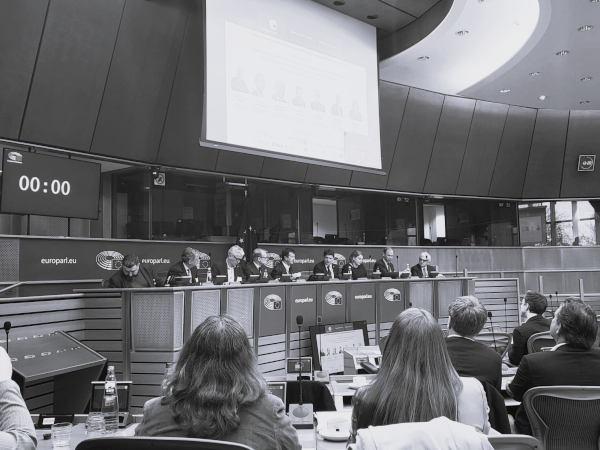
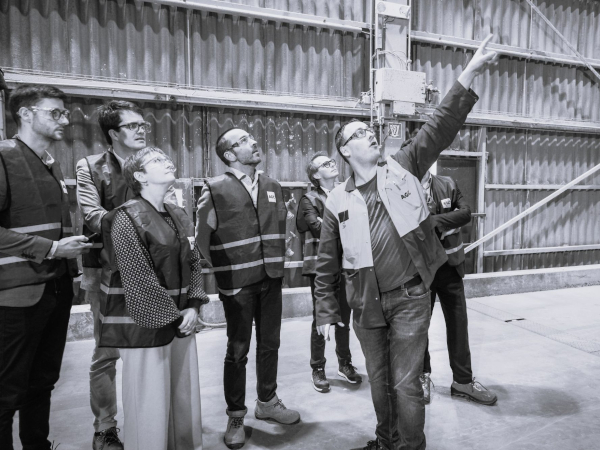
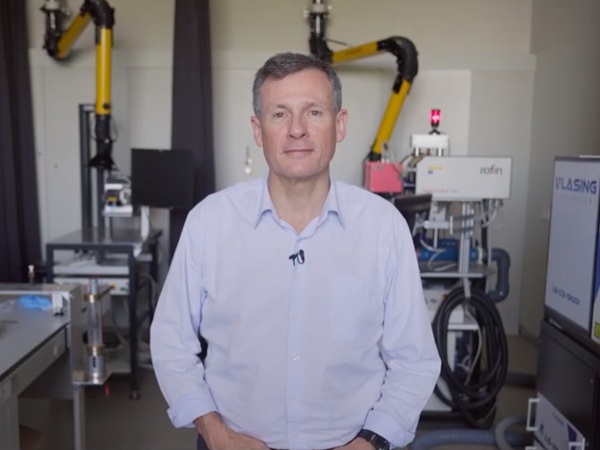
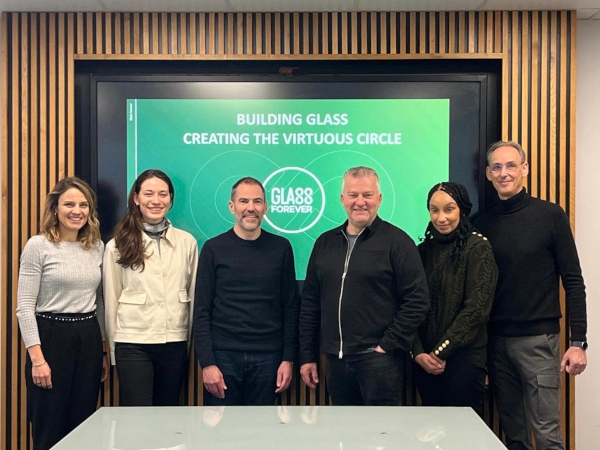
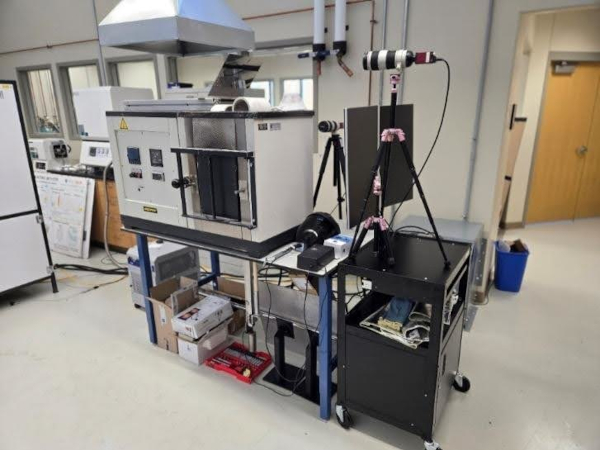

Add new comment